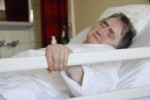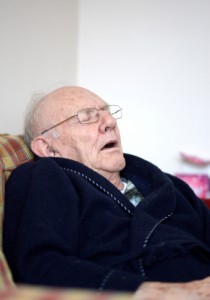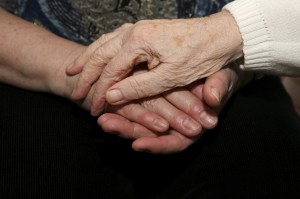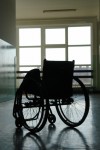 At Kormanik Hallam & Sneed, LLP, we see our fair share, which is to say, too many, cases of overmedication of assist living and nursing home residents. Not too long ago, an article in the Chicago Tribune was noteworthy because of the conclusion of the medical examiner, who ruled the resident’s death a “homicide.”
At Kormanik Hallam & Sneed, LLP, we see our fair share, which is to say, too many, cases of overmedication of assist living and nursing home residents. Not too long ago, an article in the Chicago Tribune was noteworthy because of the conclusion of the medical examiner, who ruled the resident’s death a “homicide.”
According to the article written by Tara Kadioglu, Dorothy Byrd’s death was caused by morphine and hydrocodone toxicity, combined with hypertensive and atherosclerotic cardiovascular disease. Her death was, apparently, suspicious because she “died the day after six residents of Holland Home for unknown causes.” Two of those residents eventually died as well. Ms. Byrd was a resident of Holland Home, an assisted living facility owned by Villa Care, whose slogan is “Service with Dignity, Staffed with Love and Managed with Care.” A spokesperson for the company indicated it was fully cooperating with law enforcement. According to another source, three employees, a nurse and two nursing assistants, were fired.
Ms. Byrd’s death is tragic regardless of whether it was due to a criminal act – someone purposefully giving her a lethal overdose of medication – or because of negligence. These types of incidents, even those which result in death, are indeed properly classified as homicides. Facilities must do more to protect those left in their care.
If you believe someone you know who is a resident of an assisted living facility or nursing home has been overmedicated, contact: (1) the resident’s physician; (2) the facility administrator; and (3) law enforcement. You may also want to consider contacting an attorney versed in these types of cases.









